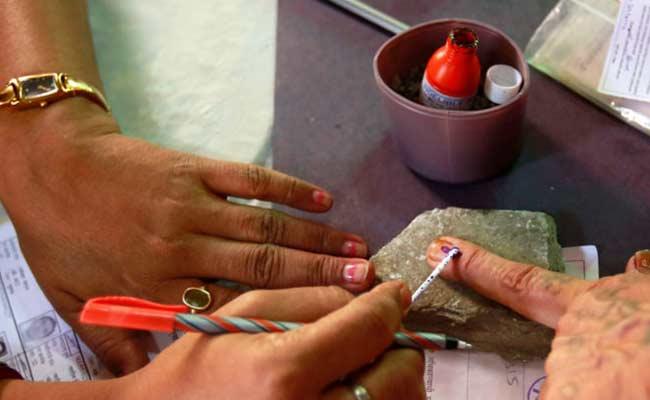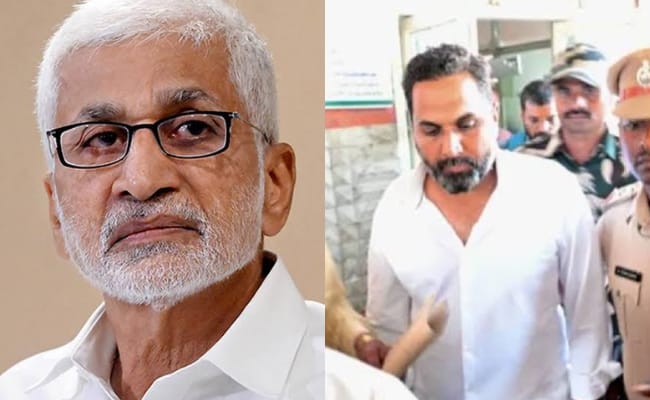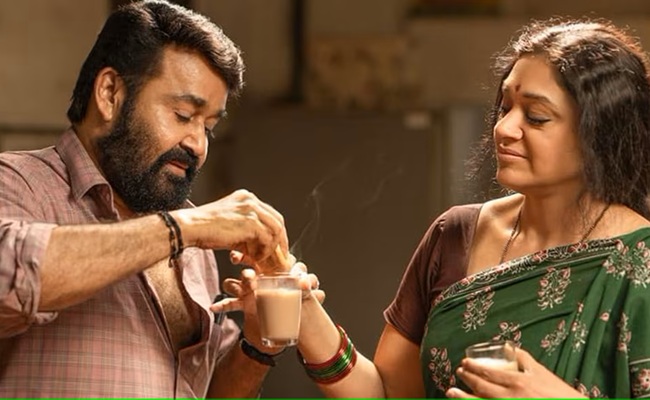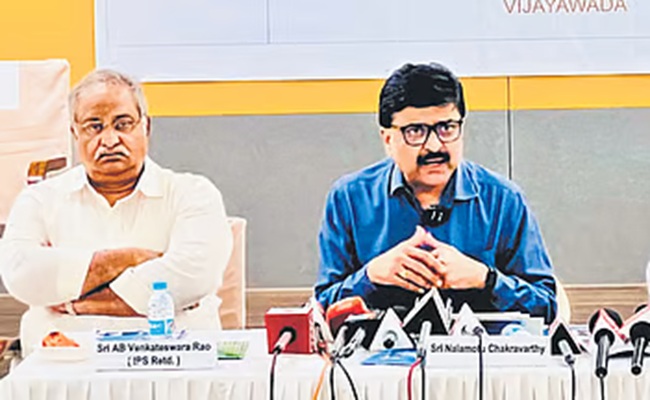
While both BRS and Congress are equally confident of a clear mandate in the November 30 Assembly election, political analysts have not ruled out a fractured verdict.
United Andhra Pradesh never delivered a fractured mandate and in the first two elections, the newly created Telangana state gave a clear mandate.
In 2014, TRS (now BRS) bagged 63 seats in 119-member Assembly to form the first government in the new state. Its vote share was 34.3 per cent. The Congress party had won 21 seats (25.2 per cent votes) TDP-BJP alliance had secured 15 seats while MIM won seven seats.
BRS not only retained power in 2018 but improved its tally to 88 and vote share to 47.4 per cent.
Congress was again a distant second with just 19 seats. MIM retained seven seats while BJP could win a single seat. TDP, which had an alliance with Congress, bagged two seats. With defection of several MLAs including a dozen from Congress, the BRS increased its strength to 104.
This time political pundits are keeping their fingers crossed as a resurgent Congress and a confident BRS are locked in an 'extremely close contest'.
They are sure that BRS will not get the huge mandate which it got in 2018 and Congress will improve. However, to what extent BRS slides and how big will be the jump in Congress tally is a million-dollar question.
The neck-and-neck battle has also given rise to the possibility of a hung Assembly.
"In elections everything is possible. It's like cricket," said political analyst Prof K. Nageshwar.
He believed that BRS suffers from voter fatigue rather than anti-incumbency.
"What is hurting BRS is not anti-incumbency. It's the voter fatigue which is hurting BRS."
However, another analyst Palwai Raghavendra Reddy believes that whatever may be the verdict, it will be a clear one.
"Irrespective of who wins, it will be with a big majority," he said.
This is also the first election in Telangana without Telugu Desam Party (TDP) and it will be interesting to see who gets the TDP votes, especially among a large chunk of people from Andhra Pradesh.
Nageshwar believes this will benefit the Congress in a way.
"BRS has been getting a large chunk of TDP votes after TDP became irrelevant in Telangana politics. In 2014, these sections voted for TDP-BJP combine and in 2018 and GHMC elections, there was a discernible shift towards BRS. Now that TDP is not contesting, there is every likelihood that Congress led by Revanth Reddy may garner a significant chunk of the pro-TDP votes who were hitherto voting for BRS," he said.
If BRS falls short of a majority by a few seats, it will bank on its friendly party MIM, which is likely to retain seven seats.
Like in 2014 and 2018, BRS may once again lure the MLAs from Congress to consolidate its position.
Unlike in Andhra Pradesh, caste is not a major factor in Telangana elections. Nageshwar believes that Congress will get a significant chunk of SC and ST votes.
"However, more than the caste, it will be a vote to give a third a term to KCR or a vote to displace him," he said.
The Congress party is also likely to get overwhelming support from the influential Reddy community, which had backed BRS in 2014 and 2018.
BJP, which has promised a Backward Class (BC) member as CM, is hoping to get the support of BCs.
Nageshwar believes that there is a possibility of Muslim shifting to Congress from BRS.
"Congress will make a significant dent in Muslim votes outside Hyderabad as there is discontent with the BRS over unkept promises," he said.
He, however, believes that the shift may not be as significant as it was in Karnataka, where there was a straight fight between Congress and BJP. The Muslim votes saw a wholesale shift to Congress.
This may not happen in Telangana because MIM is still strong and KCR has a goodwill image among Muslim electorate.













